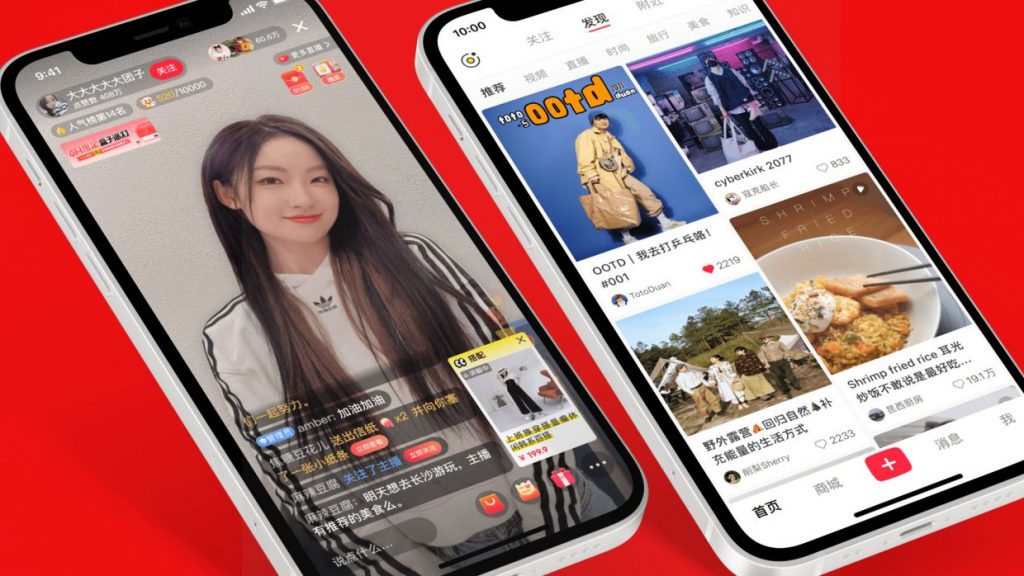From cracking down on wealth flaunting to releasing community guidelines for businesses, Xiaohongshu is bent on cleaning up content this month.

What Happened: Flex those Gucci belts and Prada purses somewhere else. On May 9, Xiaohongshu renewed its vow to clamp down on wealth flaunting online in hopes of maintaining a positive community of “sincere sharing and friendly interaction.”
The Chinese lifestyle platform stated that fake “entrepreneurial” personas will be punished for using misleading pictures of luxury products to drive traffic (e.g., posing with luxury goods and claiming to help people make a six-figure income in three months). Additionally, accounts that deliberately display luxury belongings without providing useful information — as well as those that promote excessive consumerism, such as launching a challenge to spend 1 million yuan a day — will also be targeted.
The clean up campaign comes a few days after China’s version of Instagram released a code of conduct for businesses to keep the platform “an authentic space with transparent engagement.” Among the guidelines, Xiaohongshu emphasized that “brands should not exaggerate or whitewash their content.” Even when sponsoring content, they should ensure that creators are speaking from real experiences and “not overly interfere with the content creation process.”
The Jing Take: As marketing campaigns by luxury brands do not typically involve ostentatious displays of wealth or violate Xiaohongshu’s “sincere sharing” goal, the flaunting rule largely applies to consumers. What luxury players should be concerned about, however, is the broader trend: namely, luxury consumption and extreme wealth being seen as at odds with China’s social values. This comes amid Beijing’s push for common prosperity, which has led to several billionaire tech founders stepping out of the spotlight and more high-profile stars being fined for tax evasion. Continue to read the full article here





